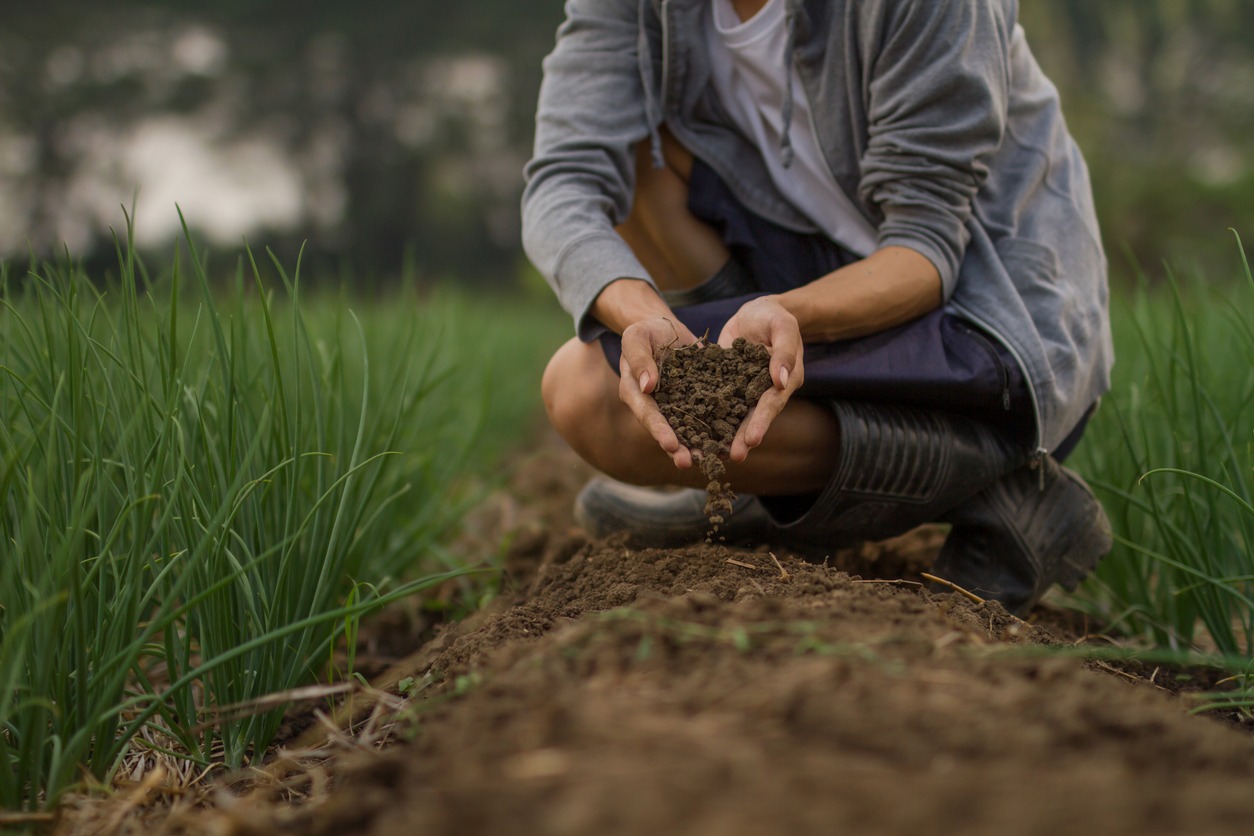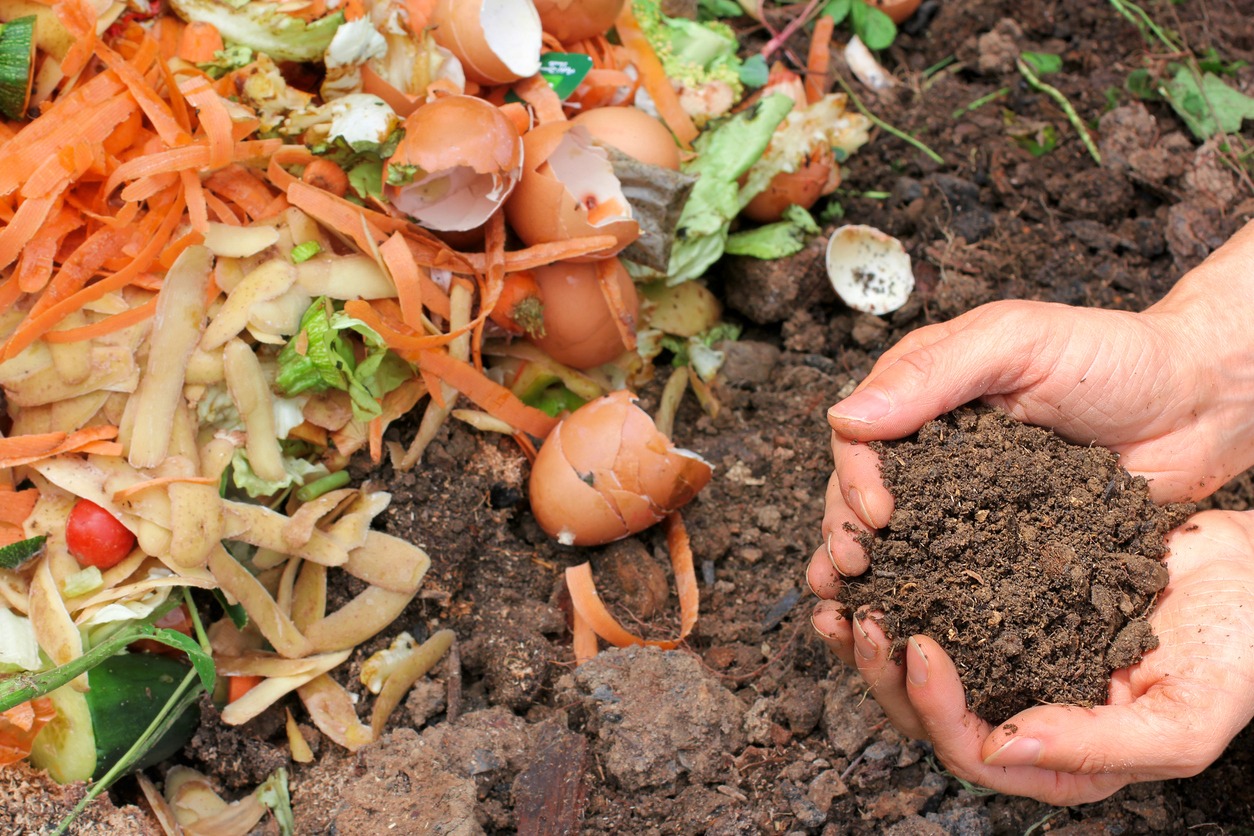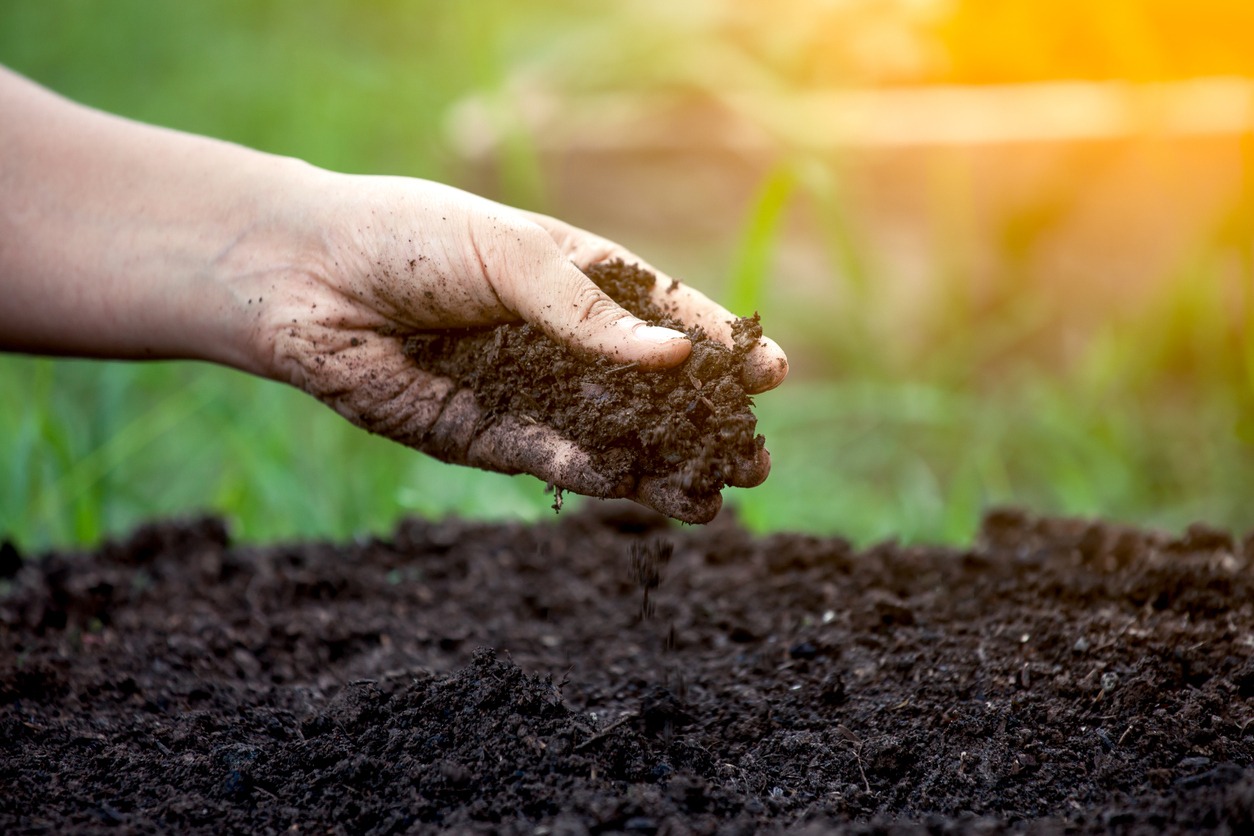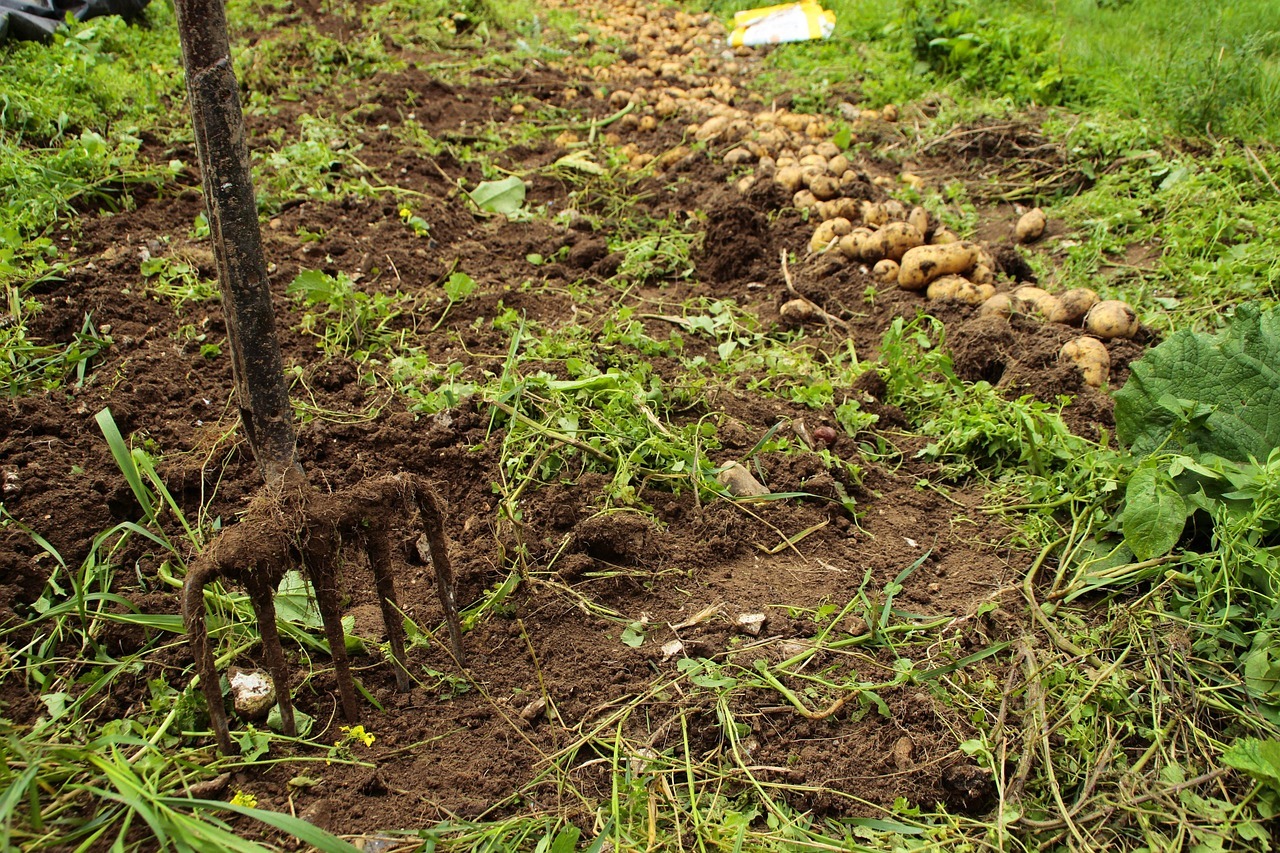Composting vs. Fertilizing: Which Is Better for Your Garden?

Healthy soil is the foundation of every successful garden. Without it, even the most dedicated gardeners struggle to grow vibrant plants. If you’ve been gardening for a while—or even just starting out—you’ve probably heard about composting and fertilizing as ways to improve soil health and boost plant growth. But which one should you choose?
The answer depends on your garden’s specific needs. Composting and fertilizing are not interchangeable—they work in different ways and serve different purposes. By understanding what each method offers and how to use them effectively, you can make the best decision for your plants and your long-term gardening goals.
What Are Compost and Fertilizer?
Both compost and fertilizers are used to add nutrients to your soil, but they approach the task differently.
- Compost is the result of decomposed organic matter, such as fruit peels, grass clippings, leaves, and even animal manure. It’s essentially recycled organic waste that’s been broken down into nutrient-rich material. Compost not only feeds plants slowly over time but also improves soil structure, increases moisture retention, and supports healthy microbial activity in the soil.
- Fertilizer, on the other hand, is a concentrated source of nutrients designed to feed plants directly. Fertilizers can be organic (made from natural materials like bone meal or seaweed) or synthetic (chemically manufactured). While they work faster than compost, fertilizers don’t contribute much to soil health in the long run.
The key distinction is that compost improves the soil itself, while fertilizers provide an immediate nutrient boost to plants. In many cases, the two methods complement each other, creating a balanced and productive growing environment.
The Benefits of Composting

If there’s one thing most gardeners agree on, it’s that compost is a game-changer. Here’s why it’s worth incorporating into your garden routine:
1. Improves Soil Structure
One of the greatest benefits of compost is its ability to transform soil. Adding compost increases the soil’s organic matter, which helps sandy soils retain water and improves drainage in clay-heavy soils. It also creates a looser, more aerated structure, making it easier for roots to grow and absorb nutrients.
2. Supports Soil Life
Compost is alive. It’s full of beneficial microorganisms that play a vital role in breaking down organic material, releasing nutrients, and suppressing plant diseases. A healthy microbial community in the soil creates a more resilient garden ecosystem.
3. Provides Long-Lasting Nutrients
Unlike fertilizers, which deliver nutrients in a concentrated dose, compost releases nutrients slowly and steadily. This means you won’t have to worry about overfeeding your plants or causing nutrient imbalances.
4. Reduces Waste
Composting is one of the simplest ways to recycle kitchen scraps and yard waste. Instead of throwing away banana peels or grass clippings, you can turn them into a valuable resource for your garden.
5. Helps the Environment
By keeping organic waste out of landfills, composting reduces methane emissions—a potent greenhouse gas. It also increases soil’s ability to sequester carbon, making it an eco-friendly gardening choice.
How to Start Composting
You don’t need fancy equipment to start composting. Here are some tips to get you going:
- Start with What You Have: Collect kitchen scraps like vegetable peels, coffee grounds, and eggshells. Pair them with yard waste like leaves and grass clippings.
- Balance Greens and Browns: For the best results, mix “greens” (nitrogen-rich materials like food scraps) with “browns” (carbon-rich materials like dried leaves).
- Keep It Aerated: Turn your compost regularly to add oxygen, which speeds up decomposition and prevents bad odors.
- Monitor Moisture: Your compost pile should feel like a wrung-out sponge—not too dry, not too wet.
The Advantages of Fertilizers
While compost is excellent for improving soil health over time, fertilizers shine when plants need immediate attention. Here’s why fertilizers are an essential part of many gardens:
1. Quick Results
If your plants are struggling due to a nutrient deficiency, fertilizers act fast. They provide an instant supply of nutrients, making them ideal for situations where you need to see results quickly.
2. Tailored Nutrients
Fertilizers come in various formulations to meet specific plant needs. For example, nitrogen-heavy fertilizers promote leafy growth, while phosphorus boosts root development and flower production.
3. Precision
Because fertilizers are concentrated, you can deliver exactly what your plants need without overloading the soil. This makes fertilizers particularly useful for container gardening or when growing high-demand crops.
4. Ease of Use
Fertilizers are convenient and widely available. They don’t require the time or effort involved in maintaining a compost pile, making them a practical option for busy gardeners.
Using Fertilizers Effectively
To get the most out of fertilizers without harming your plants or the environment, follow these tips:
- Test Your Soil: A soil test will tell you which nutrients your garden needs, helping you choose the right fertilizer.
- Apply Carefully: Over-fertilizing can damage plants and contribute to runoff that pollutes waterways. Always follow the instructions on the label.
- Time It Right: Apply fertilizers in the morning or evening to reduce evaporation and ensure nutrients reach the roots.
- Don’t Skip Compost: Fertilizer provides nutrients, but it doesn’t improve soil structure. Use it alongside compost for a balanced approach.
Environmental Impact: Compost vs. Fertilizer
Composting and fertilizing have different environmental implications, which are worth considering as you plan your garden care strategy.
Compost:
- Diverts organic waste from landfills, reducing methane emissions.
- Improves the soil’s ability to retain water and nutrients, which reduces irrigation and fertilizer needs.
- Supports sustainable gardening by creating a closed-loop system.
Fertilizer:
- Synthetic fertilizers have a high carbon footprint due to their energy-intensive manufacturing process.
- Overuse can cause runoff, leading to water pollution and harmful algal blooms.
- Organic fertilizers are more eco-friendly but don’t offer the same waste-reducing benefits as compost.
Compost is the clear winner for environmentally conscious gardeners. However, fertilizers can still be used responsibly in moderation.
Choosing the Right Approach

The choice between compost and fertilizer doesn’t have to be an either/or decision. In fact, many gardeners find that combining the two yields the best results. Here’s how to decide what’s best for your garden:
- Assess Your Soil: If your soil is poor or compacted, start with compost to build organic matter. Use fertilizers to address specific nutrient deficiencies.
- Consider Your Plants: Fast-growing or nutrient-demanding plants may need the quick boost fertilizers provide, while perennial plants benefit more from compost’s long-term effects.
- Think About Sustainability: Composting is a more sustainable option, but fertilizers can be used strategically to minimize environmental impact.
Conclusion
Compost and fertilizer each bring something valuable to the table. Compost enriches the soil, supports microbial life, and improves long-term soil health, while fertilizers provide the immediate nutrients plants sometimes need to thrive. By understanding how they work and using them in harmony, you can create a garden that’s productive, sustainable, and full of life.
Whether you’re composting kitchen scraps or applying a balanced fertilizer mix, the key is to adapt your approach to your garden’s unique needs. With a little care and planning, you can build soil that not only grows plants but also nurtures the planet.




